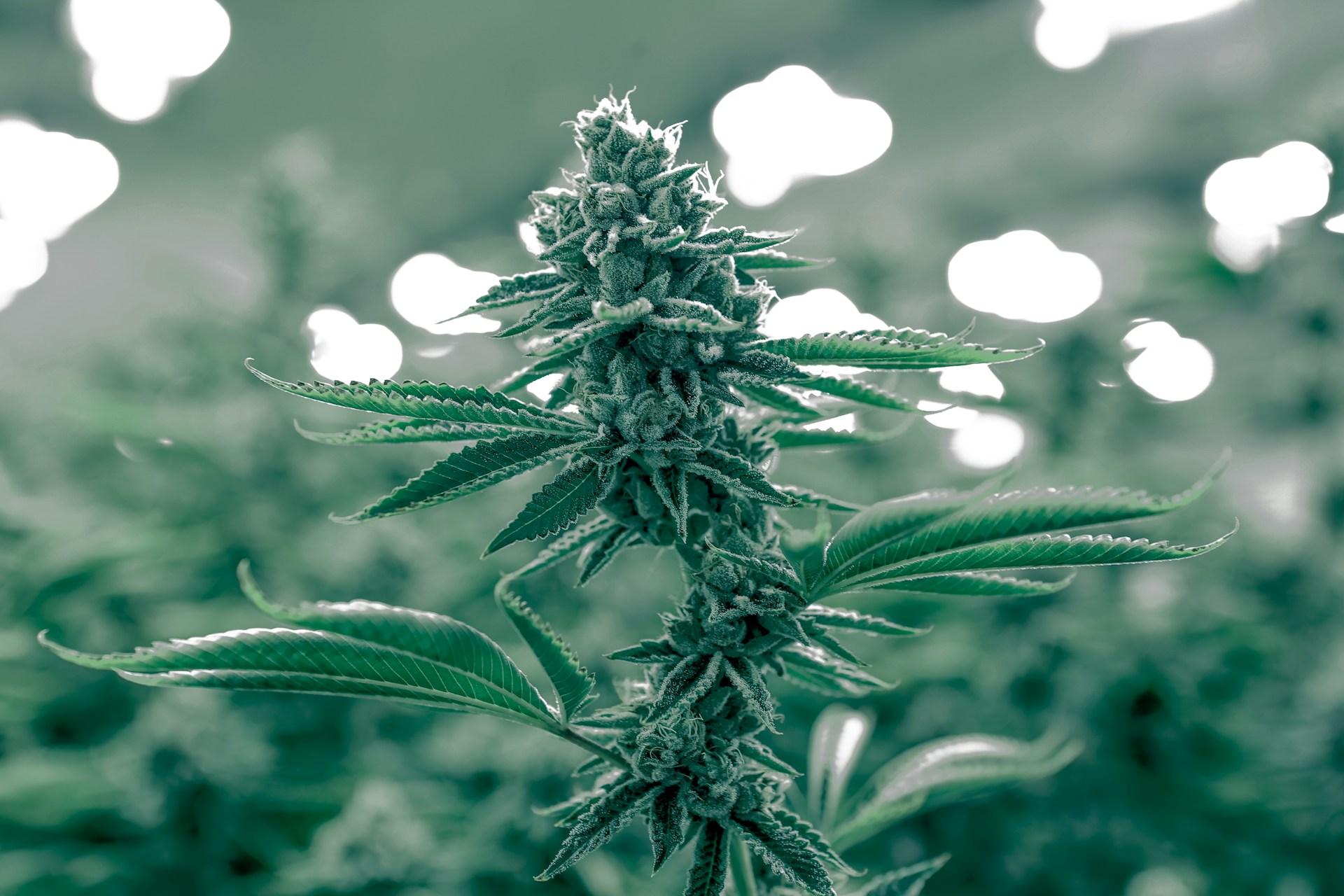Is the cannabis taboo really going up in smoke? Le Monde report

Although cannabis legislation is becoming more flexible around the world, only just under 4% of the world's population lives in states that have legalized it. And its therapeutic use still remains very limited. The Le Monde article
Is cannabis prohibition going up in smoke? After Canada and California in 2018, on April 1, 2024, Germany became the most populous country in the world to legalize the recreational use of cannabis, further shattering the international consensus that has existed on this issue for more than a century. He writes Le Monde .
This approach was still a long way off when Uruguay led the way in 2013 by legalizing the cultivation and consumption of the plant in a regulated manner. While this soft drug has been consumed for centuries in various forms for recreational or therapeutic purposes, until recently it was banned in almost every country in the world.
But, contrary to popular belief, this is a relatively recent development in human history. One of the first cannabis prohibition laws was passed in Egypt in 1868, but most Western countries only followed suit in the 1920s or 1930s. As the Transnational Institute points out in a report on the subject, Prohibition only became truly global after the war.
THE FAILURE OF REPRESSIVE POLICIES AND DEPENALIZATION
At the beginning of the 21st century, the failure of repressive policies has led the authorities of several countries to evaluate the opportunity of alternative policies, based on the following idea: since we are unable to curb drug trafficking and dissuade consumers, we accept this consumption in order to better understand it and improve prevention.
Although the issue of legalization is a hot topic of political debate in many countries, few have yet taken the plunge. By our calculations, approximately 300 million people live in states or territories that have legalized cannabis, or just under 4% of the world's population.
On the other hand, a large number of governments have opted for another way to loosen the repressive grip: decriminalization. The consumption or cultivation of cannabis remains officially illegal, but is tolerated or subject to much lighter penalties, ranging from a simple fine to community services or the prescription of detox. In the vast majority of cases, this policy of tolerance is reserved for personal use of drugs, in small quantities, and does not exonerate drug traffickers. Furthermore, it often maintains important constraints for consumers (ban on smoking in public in Spain and Ukraine, penalties for repeat offenders in Italy, Israel and Latvia, etc.).
THERAPEUTIC CANNABIS IS STILL TOO INACCESSIBLE
In addition to the recreational aspect, the issue of cannabis is also medical. Many patients ask to be able to access marijuana or its derivatives not to get high, but to treat or relieve pain, nausea, vomiting or loss of appetite. This use, already known to the Romans and rediscovered in the mid-19th century by the Irish doctor William Brooke O'Shaughnessy, is supported by recent research which shows that it can be used as a bronchodilator (for asthma), as an antispasmodic (for Parkinson's or multiple sclerosis) or as a vasodilator (for glaucoma).
This gradual recognition of the therapeutic virtues of cannabis has led many governments in recent years to modify their legislation to make it accessible to patients. But behind the forty countries affected by "therapeutic cannabis" lies a great variety of situations: it is sold in pharmacies without a medical prescription in North Macedonia, cultivated by the army in Italy, available only on medical prescription in Argentina and only in of sprays in Brazil. In Hungary, some cannabis-based medicines are available for multiple sclerosis patients, but only after approval from the authorities on a case-by-case basis.
WICKED FRANCE?
Although France is often cited as Europe's largest consumer of cannabis – particularly the recreational version – it is an exception on the continent. No French government has ever moved towards decriminalization or legalisation. Even as the Macronist majority toned down the criminal response to simple cannabis consumption in 2020, which is now punishable by a fixed fine, the Interior Minister, Gérald Darmanin, has taken a repressive approach. In early 2024, he announced that he wanted to “address the politics of supply as much as demand” and proposed expanding saliva testing on public roads.
Since 2013, only therapeutic use has been legal in France. But this official legalization is, in reality, only relative: only Sativex, one of the drugs often used to treat multiple sclerosis, received marketing authorization in 2014 – but it is not yet marketed in France due to a lack of agreement between its manufacturer and the government. As for Marinol, it has been available under an individual exemption regime since the beginning of the 2000s. This situation, regularly criticized by associations and some health professionals, is starting to seem like an exception in Europe, where legislation has become much more flexible since early 2000s.
(Excerpt from the foreign press review edited by eprcomunicazione )
This is a machine translation from Italian language of a post published on Start Magazine at the URL https://www.startmag.it/sanita/il-tabu-della-cannabis-sta-veramente-andando-in-fumo/ on Sat, 06 Apr 2024 06:01:28 +0000.
